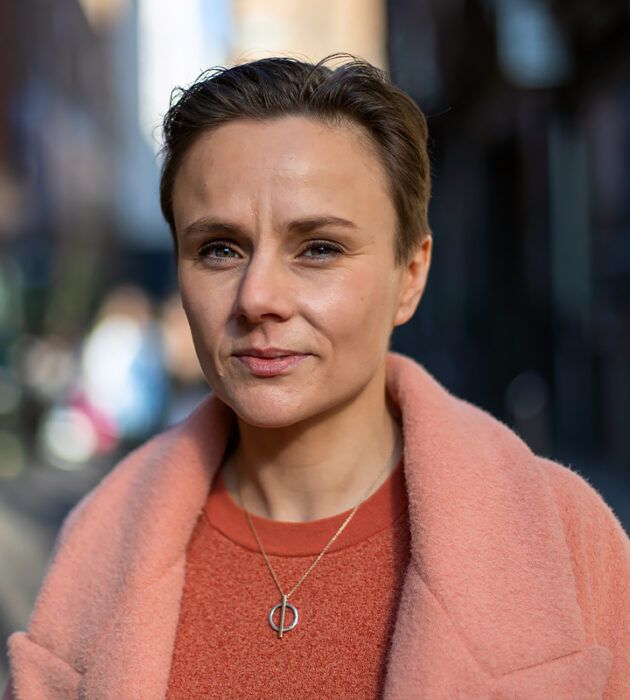
The importance of what people tell us
At Compassion in Dying, we speak to thousands of people every year on our information line. People tell us a lot of important things and no two calls are ever the same. We hear everything from upsetting accounts of poor practice leading to someone having a bad death, all the way to everyday experiences of making treatment decisions or thinking through someone’s end-of-life wishes.
We count ourselves as exceptionally lucky to have these conversations every day. We are proud to be able to support everyone who reaches out to us to discuss the challenges they are facing, what matters to them, how they can record their decisions, and why their wishes should be respected and followed.
Bridging the gap between healthcare professionals and people
Recently we’ve been thinking about how we can helpfully represent and share the experiences of the people we support. Specifically:
- How can we ensure that everyone’s voice is heard?
- What can we do to make sure that the accounts we hear repeatedly are understood as significant problems and not explained away as isolated cases or extreme examples?
- How can we bridge the gap between how clinicians approach the end-of-life and how patients experience it?
These are questions we’ve been tackling over the last couple of weeks, and we think we have a plan.
From now on, we’re going to be sharing a lot more — and not just the stories of extraordinary circumstances, or catastrophic failings, or against-all-the-odds victories. We’re going to talk about the whole spectrum of experiences that we hear about on a daily basis. This includes the everyday, run-of-the-mill things, the things that might make you smile or pause for thought, and also the things that might make you angry or despair.
What are we hoping to achieve by doing this?
We want to challenge old assumptions. For example, in the media we constantly hear that death is a taboo and that people like to avoid talking about it. But we know from our experience supporting people that this simply isn’t true. Now more than ever, people are welcoming the opportunity to start these important conversations, to make their wishes known, and to get their plans in place.
We also want to shine a light on things which are really important to the people we support, but which we feel don’t get discussed very often. And to show the barriers that people are facing every day in trying to ensure their wishes are followed.
One example that we’re hearing more and more is that health and welfare attorneys are being ignored when they are trying to make decisions on behalf of their loved ones who lack capacity. We think this is important and more people need to know this is happening so that we can think collaboratively about how to address it.
And, importantly, we want to normalise thinking about, talking about and planning for the end of life.
By sharing the honest stories of the people who call us we hope to confront misconceptions and help build a fuller picture of what it means to make end-of-life treatment decisions in the UK right now. Ultimately, we believe this will mean better care and support for the people making care or treatment decisions, and a better end-of-life experience for all.
As with all our work, we’re really interested to hear what you think. If a particular experience struck a chord with you or you want to know more, let us know.